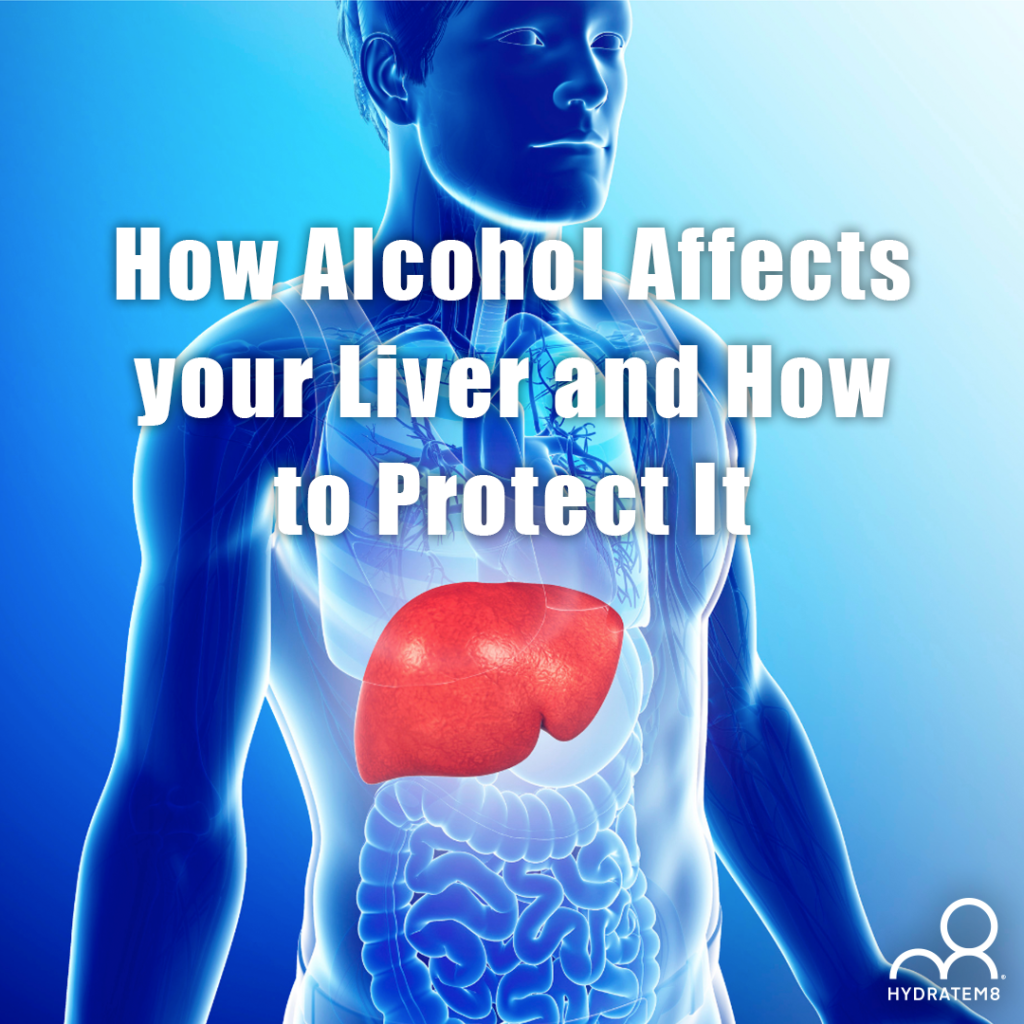In conjunction with ‘Dry January’ the Liver Council is running the ‘Love your Liver’ campaign, to remind us of the importance of the liver in our bodies.
Whilst dry January is important to remove any toxins (mainly those caused by alcohol consumption and excess of rich foods) from the body, it is important to remember that your liver needs water, one of the great aids to cleansing this vital organ.
The liver is a critical part of your body engine, and is needed to move any nutrients found in the food that you eat and to transport them throughout the rest of your body. However, the liver cannot do this without hydration to promote blood flow, and will not function properly without cleansing by kerbing your alcohol intake, removing toxins and maintaining healthy dietary habits. The viscosity of your blood (i.e thickness or thinness) is important, and water is in the main, responsible for ‘diluting’ your blood and allowing your liver to work at full capacity.
Other main functions of the liver where water is important, are:
- Aids the digestive system – if you haven’t got the ‘filtering system’ that the liver provides, your liver will become overworked, causing untold problems.
- Many people in the UK have ‘fatty liver disease’. Water can help you maintain a healthy weight to reduce the chances of this developing, or making an already established condition any worse.
- Build up of toxins – water helps in waste removal. If your liver is not functioning properly toxins will accumulate and put even more pressure on your liver.
Regular hydration is paramount to a healthy liver, but some nutrition experts believe that drinking water at certain times of the day is a key to an even healthier lifestyle, and that water is indeed the healthiest beverage for your liver.
Recent scientific research states that there are four main times of the day to drink water to aid liver function, namely:
- Waking up – a standard glass of water can flush out toxins before eating breakfast, as opposed to coffee, which is a mild diuretic, causing loss of fluid rather than fluid gain. If your morning coffee is vital to your daily existence (!) then compensate with more water in between cups.
- Drink water around half an hour before eating a meal – this provides a satiation factor and should prevent you from eating in excess which can cause weight gain and potential liver problems.
- Before, during and after exercise – preventing dehydration will ensure that you keep your liver up to speed in removing toxins. Dehydration can mean that your blood becomes thicker and makes your liver try to work overtime. This can be particularly dangerous for those that have certain types of existing liver disease.
- Drink up before you go to sleep – whilst your body is at rest, your organs continue to do their job, so your liver will continue to work its’ magic process of detox. Keep water by your bed in case you wake up thirsty.
If you are unsure about water quantities, invest in a Hydratem8 Tracker Bottle to help your daily hydration habits ‘flow’.
Do consider water-based foods as well to keep your hydration levels up. A tasty salad or vegetable based dish, particularly anything with green leaves, will provide a good level of hydration and be healthy for your liver process. Stay away from fatty foods which damage your liver and also dehydrate you.



